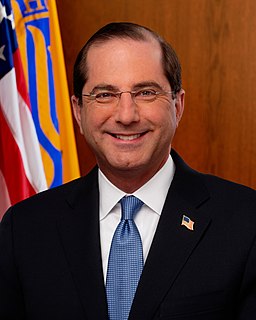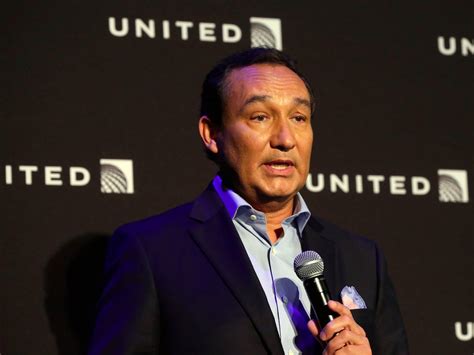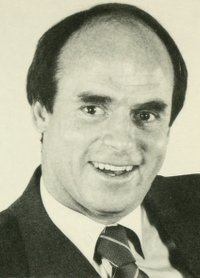A Quote by Heather Bresch
The pricing of a pharmaceutical product is opaque and frustrating, especially for patients.
Quote Topics
Related Quotes
It [the pharmaceutical industry] is the most profitable industry in the world, and partially funds the US government. It surpasses oil in terms of profits and my country recently went to war due to oil pricing. What does that say they will do to keep this other industry in tact? It is up to patients and their families to question what they are being given, and to consumers to demand better, more natural alternatives.
Baker has done it again! Building on the core principles that he advanced in Professional's Guide to Value Pricing and The Firm of the Future, Ron Baker has again evolved thought leadership on the critical dynamics of value and pricing. Baker's latest work, Pricing on Purpose: Creating and Capturing Value, provides real-world examples and practical strategies that provide a framework for pricing optimization. His clarity of purpose and passionate call to action resonates in today's intellectual capital economy.
I am a spiritual person. I'm a Catholic. I treat my patients, the dead patients, as live patients. I believe there is life after death. And I talk to my patients. I talk to them, not loudly but quietly in my heart when I look at them. Before I do an autopsy, I must have a visual contact with the face.



































